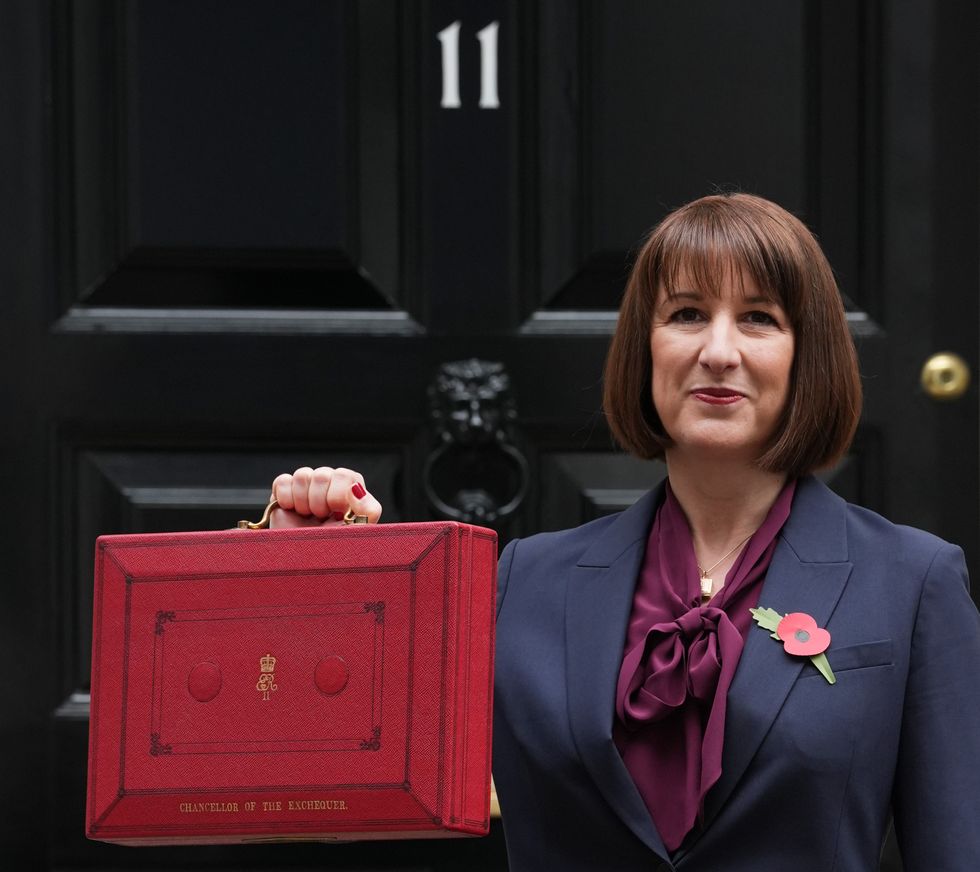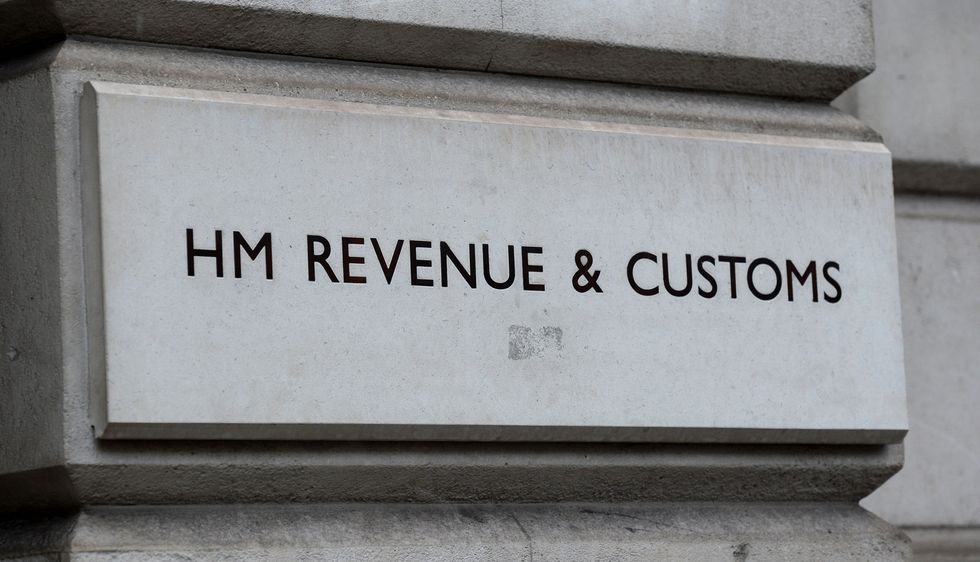Rachel Reeves says she will bring inherited pensions into inheritance tax from …
Rachel Reeves has made sweeping changes to Inheritance tax in the Autumn Budget today in a bid to raise billions for the Government
Don't Miss
Most Read
Trending on GB News
Rachel Reeves has announced that the inheritance tax personal allowance threshold will be extended until 2030.
She has also announced that inherited pensions will now be included in inheritance tax. Finally, she will reform agricultural and business relief from April 2026.
WANT THIS GOVERNMENT HELD TO ACCOUNT? TAKE ACTION - SUPPORT GB NEWS
The changes to inheritance tax could raise billions as Reeves attempts to plug the £22bn black hole in the public's finances.
Reeves said: "We will close the loophole made even bigger when the lifetime allowance was abolished by bringing inherited pensions into inheritance tax from April 2027.
"We will reform agricultural property relief and business relied from April 2026, the first £1m of combined business and agricultural assets will continue to attract no inheritance tax at all.
"But for asset over £1m, IHT will apply with a 50 per cent relief and at an effective rate of 20 per cent. This will ensure we continue to protect small family farms with three quarters of claims unaffected by these changes.
 Chancellor Rachel Reeves delivered the Budget this afternoon PA
Chancellor Rachel Reeves delivered the Budget this afternoon PA"I can also announce we will apply a 50 per cent relief on all circumstances on IHT for shares on AIMS and other similar markets."
Taken together these measures should raise over £2bn.
Currently, pensions are generally exempt from inheritance tax, offering a valuable estate planning tool. However, this could change as the wealthy individuals are using pensions as an IHT avoidance vehicle, the Institute for Fiscal Studies stated.
Steve Hitchiner, Chair of the Society of Pension Professionals Tax Group, said: “The Chancellor’s announcement about pensions being subjected to Inheritance Tax (IHT) is not entirely unexpected, indeed the SPP highlighted this possibility in its Pensions Tax report earlier this month.
"At present, a lump sum can be paid to an individual’s beneficiaries tax-free, up to £1,073,100. This is anomalous to the payment of a dependant’s pension, which is usually taxed as income.
"Pensions were never intended as vehicles for Inheritance Tax planning, so overall this makes sense, and is a more attractive solution for raising revenue than many of the speculated alternatives such as reforming pensions tax relief or imposing NICs on employer pension contributions.
"However, it will be important to see the detail and how this will interact with the practicalities of different pension arrangements.”
Sam Dewes, Private Client Partner at HW Fisher said “The Chancellor has announced significant restrictions to Business Property Relief and Agricultural Property Relief. To the extent that an individual’s combined value of their business or agricultural assets exceed £1m, Inheritance Tax (IHT) will be charged at 20 per cent.
“Previously these reliefs meant that businesses and farms could often be passed down a generation without any IHT. The Chancellor saw these reliefs as ripe for abuse.
"However, they protect the UK’s numerous business owners and farmers from having to sell up to pay for the tax. As such, this change could see tax motivated lifetime giving or exits, when this may not be the best outcome for the business.
“Certain AIM listed stocks can also qualify for Business Property Relief. The Chancellor has announced a blanket 20% IHT rate on these shares where again they used to be IHT free.”

The Budget 2024 was announced on October 30
PA MediaFollowing the change announced today, it's crucial for Britons to stay informed and seek professional advice.
Families should review their estate plans regularly, considering the potential impact of these changes on their financial legacy.







